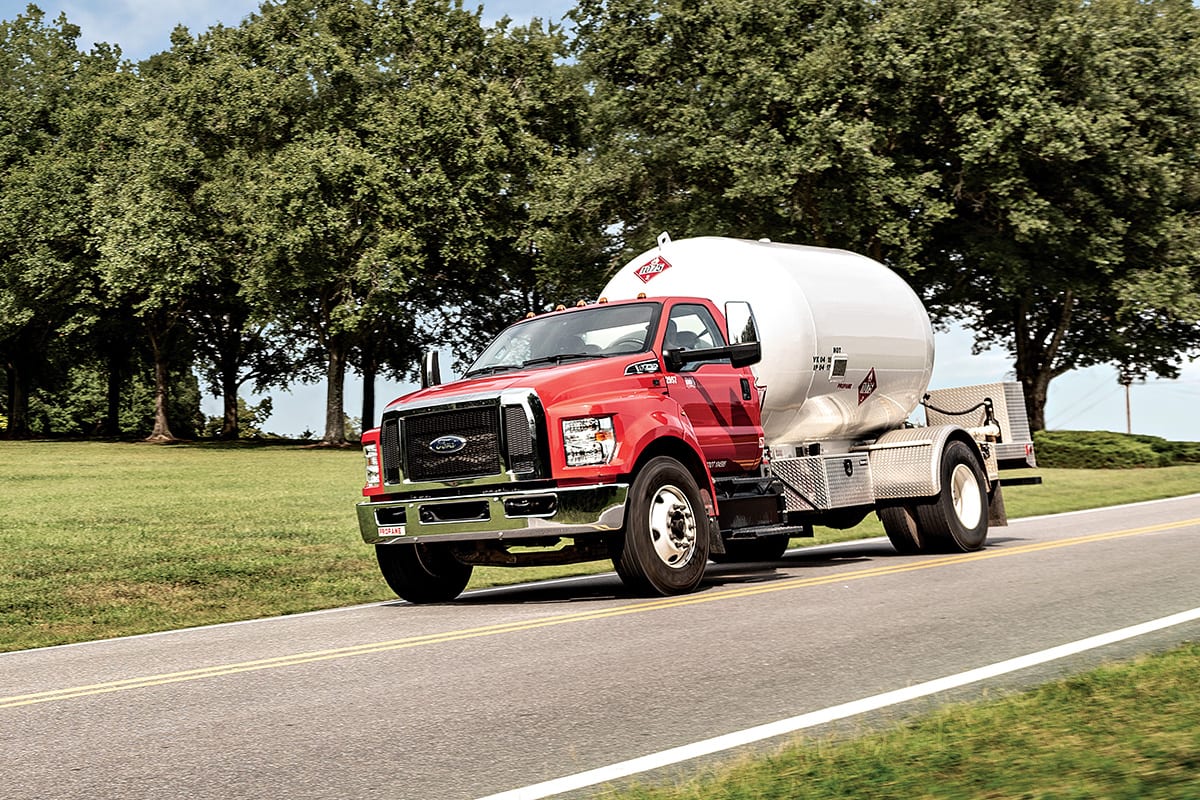If there’s one thing this last year has shown us, it’s that it doesn’t take much to disrupt a business. Between extreme weather events, supply chain shortages, and even cyberattacks, interruptions in energy source availability can lead to catastrophe.
For instance, earlier this year, a winter storm crippled Texas, causing a massive electricity generation failure that left 4.5 million homes without power. More recently, a gasoline pipeline cyberattack on the East Coast halted shipments of up to 2.5 million barrels per day. In some states like North Carolina, more than 65% of gas stations were without fuel, and consumers began to panic across the country.
For fleets that rely on a rigid energy source, these situations should serve as a stark warning that when disaster strikes, they may be less likely to successfully navigate its challenges. Energy resiliency, sustainability, and diversification are becoming required strategic approaches for fleet operations. Propane autogas is a portable, clean energy source that not only keeps fleet operating smoothly every day, but also during times of crisis.
Energy resiliency, sustainability, and diversification are becoming required strategic approaches for fleet operations.
Resiliency in Action
During hurricane season, fleets in Florida understand the importance of having a resilient energy source, and several of them turn to propane autogas to get the job done. These large storms can knock gasoline stations or the electric grid offline, but propane autogas fleets are insulated from those interruptions. Not to mention, propane autogas is a portable energy source that can still be delivered when the electric grid is knocked down.
When storms are in the forecast, Broward County Transit is tasked with evacuating its riders who cannot do so themselves. The propane autogas paratransit fleet is able to keep running for hundreds of miles, even when gasoline stations have shut down or run out of fuel. Broward County works with its propane supplier to have a propane autogas delivery vehicle on site to provide fuel for the fleet. While the gasoline-powered vehicles may have to be grounded, the propane autogas paratransit shuttles are able to continue evacuations.
Propane autogas is a portable energy source that can still be delivered when the electric grid is knocked down.
The Polk County Sheriff’s Office (PCSO) is another Florida fleet that has been able to remain operational during disasters. The department’s 220 bi-fuel vehicles have a 20-gallon propane tank and a 20-gallon gasoline tank, allowing deputies to refuel with either energy source if one isn’t available. The bi-fuel system also provides a more than 300-mile range before the vehicles need to refuel. Just like Broward County Transit, the department works directly with its propane supplier to ensure the department will have a propane autogas delivery truck on-site of the natural disaster for quick refueling.
While these situations may sound extreme, the delivery and operation is not out of the ordinary for propane suppliers. Propane bobtail delivery vehicles always distribute fuel in a resilient way, and fleets don’t have to be in a time of crisis to take advantage of the cost-effective energy source.
Having a resilient energy plan in place can mean the difference between adapting to a situation or having to wait it out. While it’s clearly vital for emergency response planning, fleets that can’t afford to lose days or weeks of time waiting for a single energy source to become available, need to start planning before disaster strikes. To learn more about propane autogas, visit Propane.com/Fleet-Vehicles.



